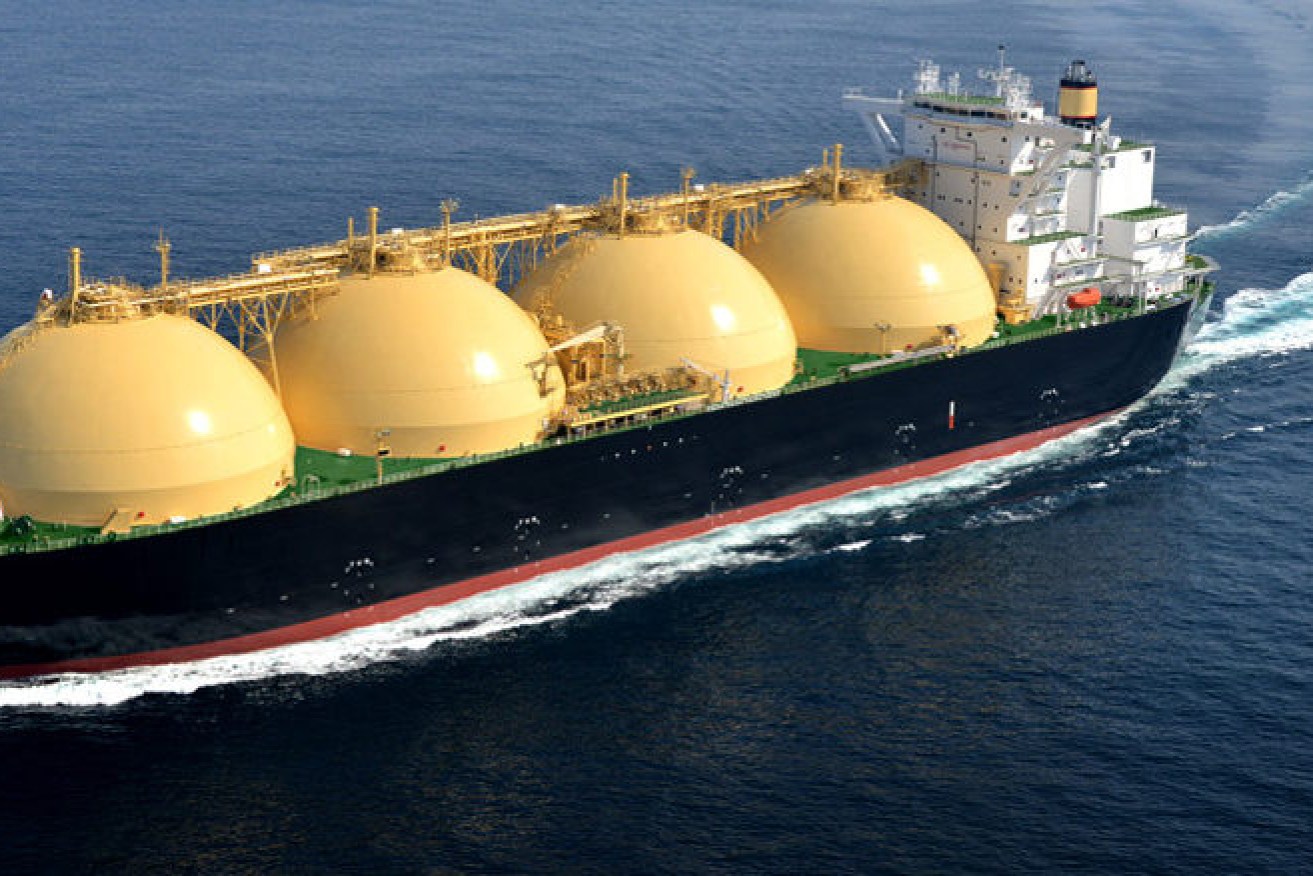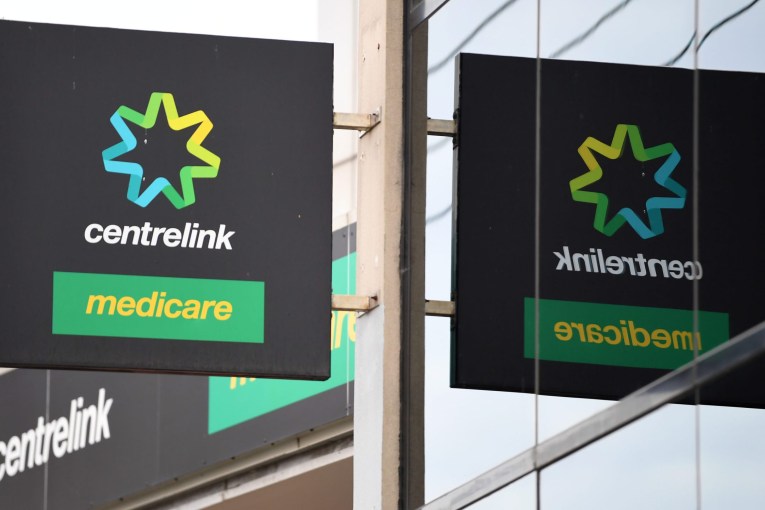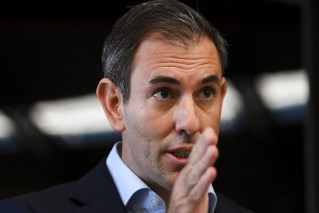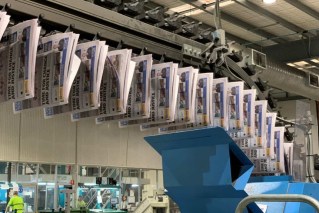Our $70 billion gas industry sinking as export ships ‘steaming around in circles’
Queensland’s $70 billion LNG industry is in strife with prices collapsing, export revenue slashed and cargoes at anchor or “steaming in circles’’.


Gladstone's LNG exports are booming. (Photo: APLNG)
Domestic gas prices have also fallen to their lowest level in four years as the sector has been hit with billions of dollars in writedowns.
A report into the sector by EnergyQuest found Australian LNG export revenue decreased by $870 million in June to $2.87 billion, down on $3.74 billion in May.
“We estimate WA earned export revenue of $1.36 billion, Queensland revenue of $1.15 billion and Darwin revenue of $0.36 billion,” the report said.
“The decrease in revenue is a result of the lower export volumes seen during June and a lower lagged oil price. Revenues are now showing signs of the falling oil price.’’
Only two months ago, Queensland’s export revenue was $1.63 billion, $480 million more than last month’s figure.
Energy Quest said total LNG export revenue was estimated to be $47.9 billion in 2020, down $1.5 billion from a year earlier despite oil prices being stable in Australian dollar terms
One Curtis Island project, the Santos GLNG plant, is running at an estimated 72 per cent capacity.
“We expect one and possibly two of the Gladstone LNG trains to be closed as increased gas volumes are diverted from the LNG projects to the domestic market,” the report said.
“The gap between demand and supply will also increasingly rely on LNG imports at international prices.’’
The report said a large number of Australian cargoes continued to be delayed during June.
“Of the 85 cargoes shipped during June, 33 cargoes were delayed by sitting at anchorage or steaming in circles prior to reaching their destination. An additional 20 cargoes shipped in May have also been delayed. However, delays appear to be reducing with nine delayed cargoes still to offload as at July 11.’’
East coast short-term gas prices were generally lower than those in May and lower than June 2019. Short-term domestic gas prices are still the lowest they have been since 2016.
Energy giant Shell, which owns QGC, blamed several of its Australian gas projects for a $US8 billion to $US9 billion ($A11.7b-$A13.2b) writedown triggered by lower prices amid a Covid-19 demand shock.
Origin has also cut $400 million from its Queensland coal seam gas capital expenditure and also forecast writedowns of between $1.16 billion and $1.24 billion in its full-year accounts.
The bulk of the charges – over $700 million – relate to writedowns of its equity investment in its Australia Pacific Liquefied Natural Gas joint venture at Curtis Island.












